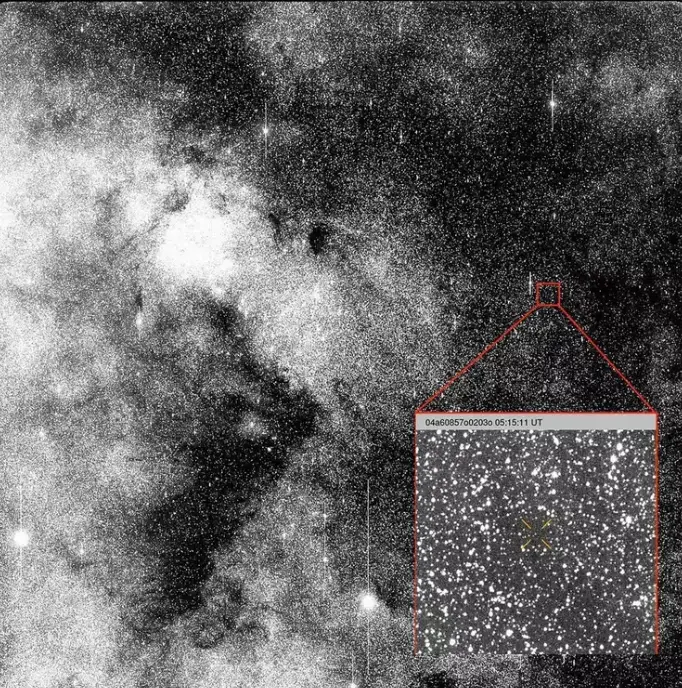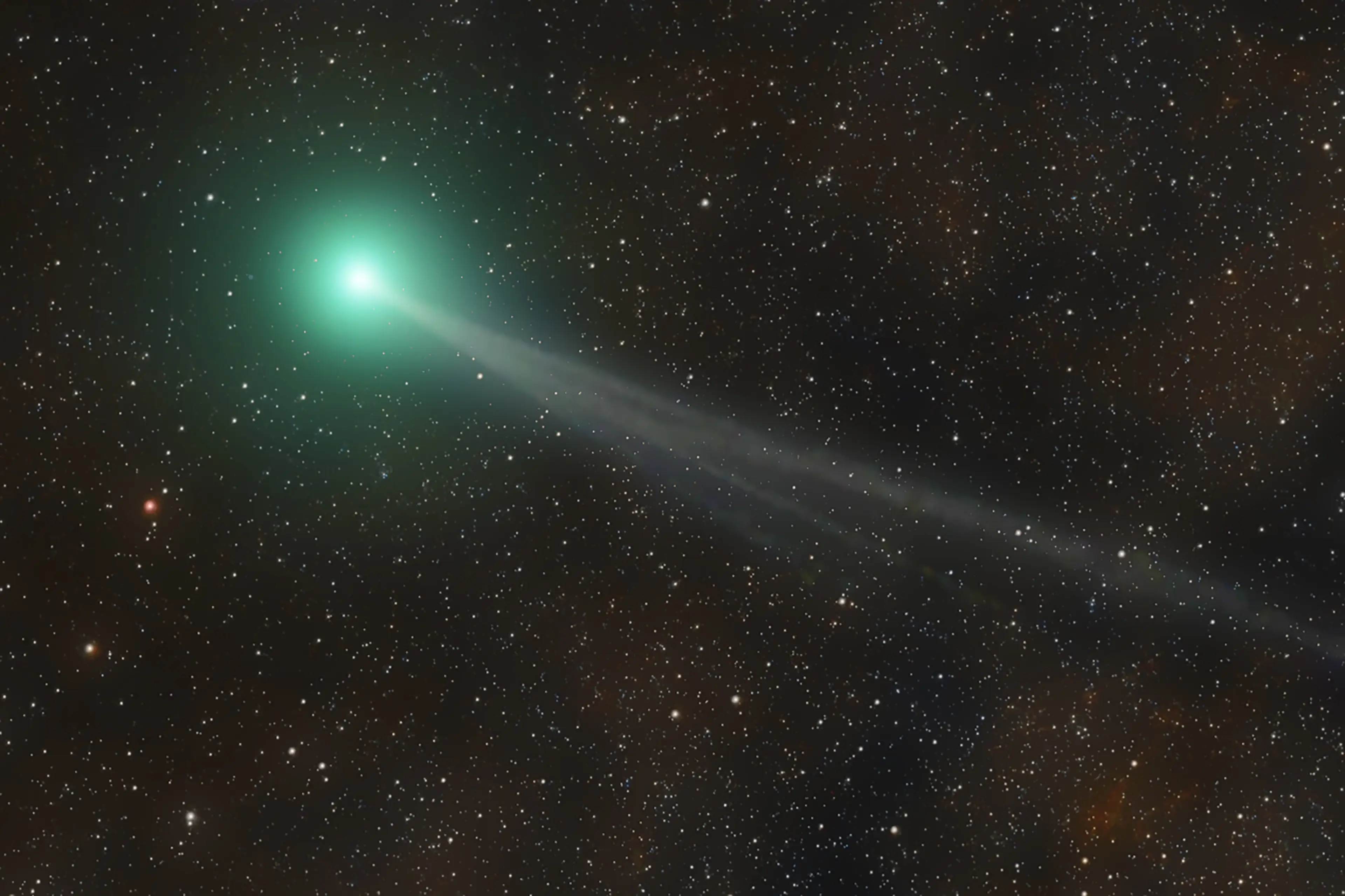
A Harvard scientist has revealed a 15-point plan to tackle an alien threat following news that an 'object' is heading towards Earth.
An object which NASA has classified as a comet, titled 3I/ATLAS, was first reported at the start of July.
Now, physicist Avi Loeb has claimed that while images from the Hubble Space Telescope show 'a glow ahead of the object', he argued there is 'no prominent cometary tail behind it' and therefore believes it could be something else.
As a result, Loeb has recently written a new Medium post in which he suggested that the object could contain alien technology.
Advert
In the post, Loeb has written a 15-point plan on how Earth could tackle the problem, if it did turn out to be aliens up there.
What is Avi Loeb's 15-point plan?

The response
Loeb first explains that Earth's response must 'reflect the detailed characteristics of the threat'.
He warns that it's 'inappropriate' to imagine alien technology based on our own experiences and advancements on Earth, which 'spans only a century of scientific research after quantum mechanics and general relativity were discovered'.
Data
Loeb says that as a second stop, we must be collecting as much data as possible using everything within our means, including telescopes, 'as well as all space assets currently employed for intelligence gathering and other national security priorities'.
Information
Loeb says that 'information must be shared in full among all humans, since the response affects our shared future'.
A coordinated plan
Loeb says all nations must agree on a 'coordinated plan', including 'activation of space and air assets to defend humanity as a whole'.
He warned: "This plan would be based on the understanding that we are all in the same boat, and if one of us rocks the boat, all of us might be at risk of drowning."
Violations
National or international authorities should punish violations of the plan, Loeb recommends.
International relations
"No nation will take advantage of the situation to hurt another nation," Loeb says.

Crime
Loeb says that as part of the plan, 'societal order will be maintained'.
He adds: "Violence of humans against humans will be punished by law."
Communication
"A representative international committee will be appointed to communicate with the alien visitors, whether they possess biological intelligence or alien AI. The committee will employ the best AI tools available to humanity for the task of decoding alien messaging," says Loeb.
Decisions
Loeb says that any decision-making should be prompt due to the proximity of the 'object'.
Contact
Loeb says that the different governments around the world should be in 'continuous contact' as 'what happens in one location could have implications in another location shortly afterwards'.

Lessons
Loeb has also listed recommendations for after the threat is resolved, explaining that lessons should be adopted.
"The characteristics of past visits must be used to develop protocols for future visits based on the gathered information," said Loeb.
Observatories
New observatories should be set up as an alert system to future threats, says Loeb.
Interceptors
"An array of space-based interceptors should be installed in orbit around the Sun," says Loeb.
"The spacecraft closest to the path of an incoming alien device, identified in advance by the astronomical observatories, will attempt to intercept the visitor far from Earth. Based on the nature of the threat, the interceptor could employ nuclear weapons to protect Earth."
Investment
Loeb believes that a portion of the funding allocated to military budgets should be used to fund new defense technologies.
Missions
For Loeb's final point, he explained that 'scouting missions' should take place as part of space exploration.
These should be 'aimed to inform future plans for defending Earth against predators or for spreading humanity beyond Earth using sustainable habitats on large space platforms'.
Topics: News, World News, Space, NASA, Science
